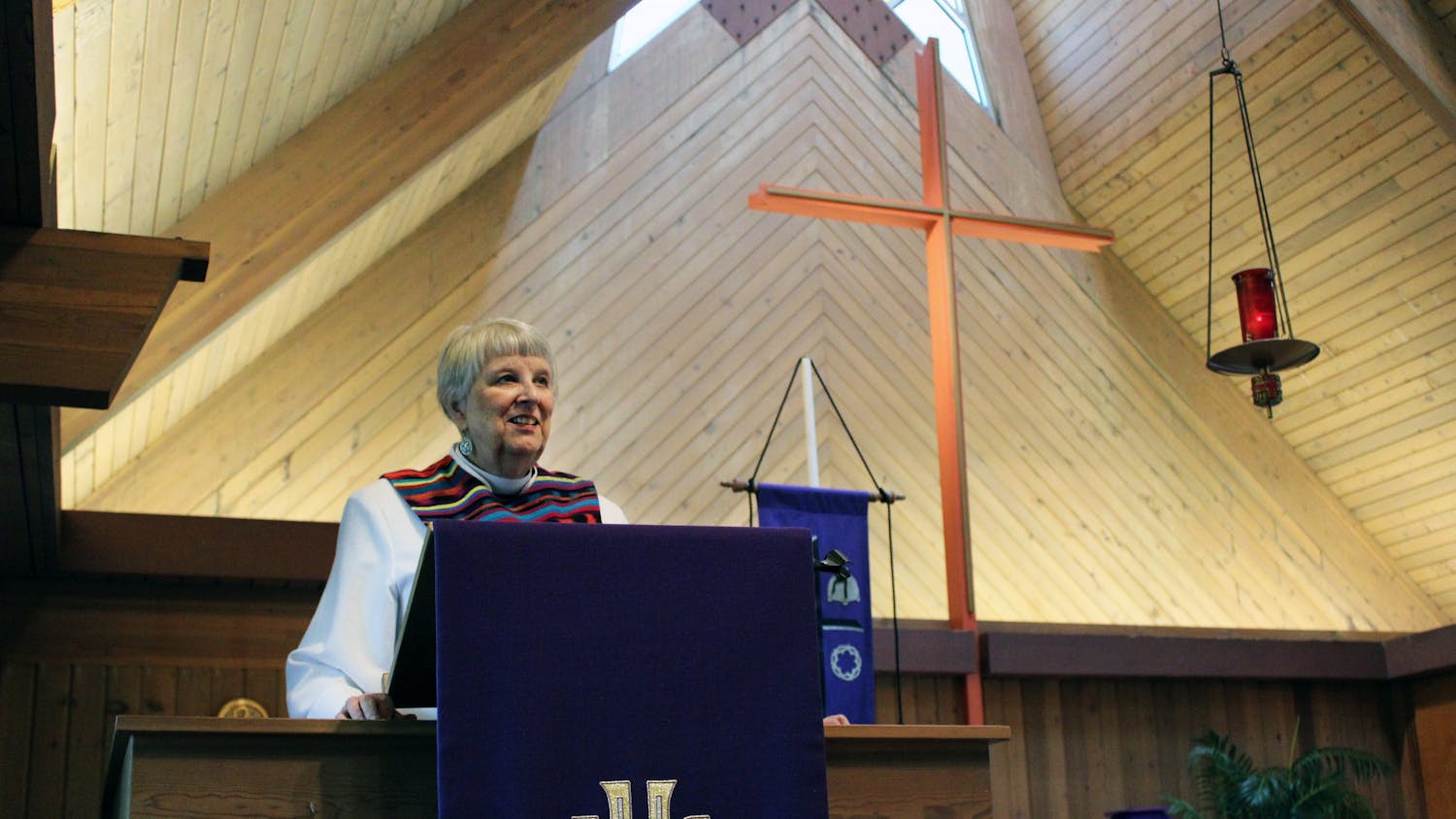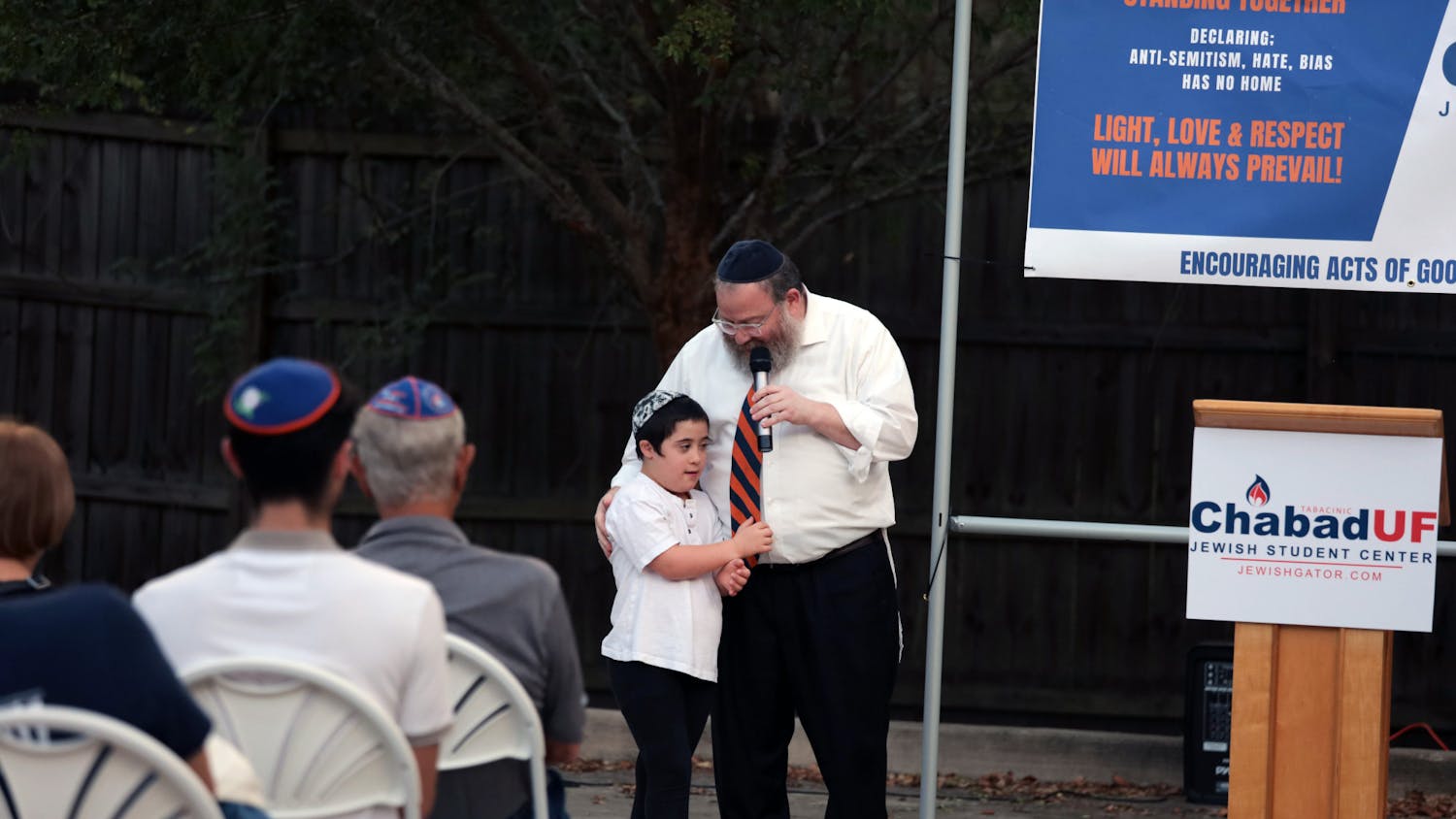When I told my family just over a year ago that I wanted to become a more observant Jew and observe Shabbat, the day of rest, there were a lot of difficult conversations. It is traditional for a Jew not to use technology, to carry anything or to drive on this day. No phone, no wallet, no ID and no car.
“Why don’t you just carry your phone and wallet for safety reasons?” they would ask. “You don’t have to use them, but what if there’s an emergency?”
Saturday, the worst fears for any observant Jew were realized as a gunman opened fire on the Tree of Life synagogue in Squirrel Hill, just outside of Pittsburgh.
Eleven people were confirmed dead. According to the Anti-Defamation League, which monitors anti-Semitic activity in the nation, Saturday’s shooting marks the deadliest attack on Jews in the history of the U.S.
This is not a political issue.
This is not a discussion of guns or of Israel.
This brings to light the fact that Jews in the U.S. — and the world — have been seeing an uptick in vandalism and open hatred: synagogues spray-painted with swastikas, Jewish cemeteries desecrated and headstones toppled.
If you talk to Jewish students at UF, many can recall incidents of being bullied or worse just for being Jewish. Some have grandparents and great-grandparents who witnessed the horrors of the Holocaust and passed down the stories.
I spoke with Rabbi Aaron Notik of the Lubavitch Chabad Jewish Student Center on Sunday afternoon about the tragedy, and he offered a perspective that some may forget in this time of hurt.
“As Jewish people trying to observe our faith,” he said, “we are in the greatest country in history to practice Judaism outside of Israel.”
Notik cited freedom of religion being woven into the fabric of America that has continued to be upheld. He agreed, though, that there has been a disturbing increase in anti-Semitic incidents.
“The best way to respond to this is to be a light in the dark; go and do a good deed with (Saturday’s victims’) memories in mind,” he said.
He gave examples of anti-Semitism throughout the ages and said that although it has existed as long as Judaism has — thousands of years — Jews have still persevered.
To my fellow Jewish Gators, I offer this: Push back against these hateful actions with love and with embracing your identity and that of others. Make the world a better place.
This coming Shabbat, consider lighting Shabbat candles for those who are no longer here and keep them in your thoughts as you do so. Put a mezuzah on your doorpost to show that you take pride in who you are, and do a mitzvah, a good deed, with those who are gone in mind. Little things like this can make the biggest difference to those who need it.
As the Notik and Goldman families have taught me time and time again at Chabad, as has Rabbi Berl Grossman at UF Hillel, all Jewish Gators have a home here. You are not alone, and you have a place to turn to.
To all fellow Gators: Stand with your friends, Jews and non-Jews alike, to show that we are one cohesive Gator Nation who will not tolerate bigotry against any group. We all have a place in this world, and we all have the bond of humanity that enables us to coexist.
Jacob Kovach is a UF public relations senior.






